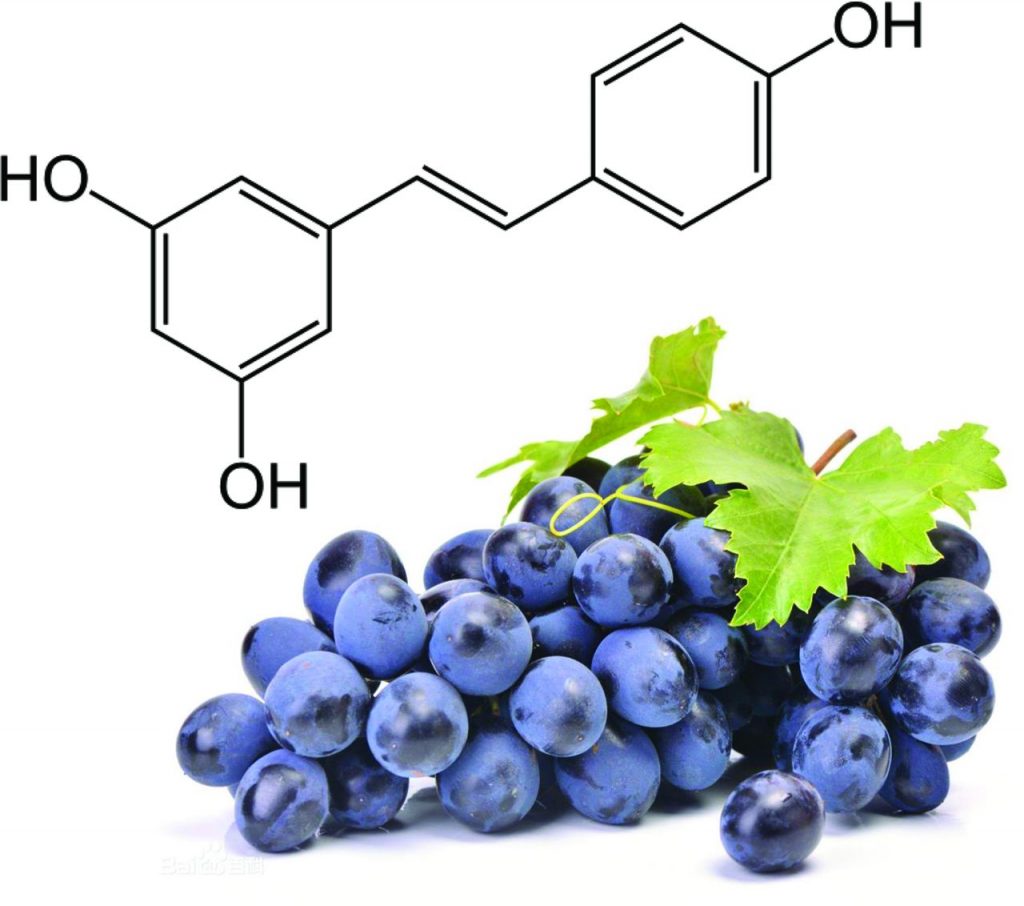A recent documentary viewed by many suggested that a plant based – vegan diet is the optimal diet for athletes.
What Is The Game Changers?
The Game Changers is an agenda-driven film, not an objective analysis of an optimal diet for athletes. The purpose of this film is to advocate for a plant-based diet. It hasn’t been peer-reviewed, and it plays very fast and loose with the science. It’s propaganda for veganism, pure and simple.
This is a very slick, well-done film, and it has the potential to mislead a lot of people. But it’s full of misleading statements, half-truths, flat-out falsehoods, flawed logic, and absurdities.
Chris Kresser of ChrisKresser.com did a great rebuttal of this documentary – both live on two podcasts on the Joe Rogan show as well as in writing.
Below is a portion of his written comments.
The documentation is quite extensive so if you want to review it in detail here is the link.
As a health care practitioner dealing with clients to help them with their health issues I will suggest that a vegan diet typically ends up over time in causing negative health issues, typically due to vitamin and mineral deficiencies.
My experience is similar to most health care practitioners whom I ask about this topic.
No one diet is optimal for everyone!
Determining an optimal diet is best done by working with a knowledgeable health care practitioner such as an integrative/Functional Medicine MD, ND, DC, RD, nutritionist etc.
Here is the initial part of Chris’s written rebuttal to The Game Changers documentary.
What is the optimal diet for athletes? While I don’t believe there is one optimal diet for every person, I do think there are characteristics that all healthy diets share. Namely, they’re ancestral—based on the types of foods that our bodies evolved to thrive on—and they include a mix of nutrient-dense plant and animal foods.
A recent documentary called The Game Changers claims otherwise. The experts and celebrities featured in the film argue that a plant-based, vegan diet is optimal for athletes and that animal foods are harmful for athletic performance and overall health.
There are a lot of myths and misconceptions on this topic, so I wanted to take this opportunity to debunk some of the biggest claims made in The Game Changers. For a full breakdown of what this movie gets wrong, download my Show Notes, and listen to my appearance on The Joe Rogan Experience.
I’ve conducted extensive research on the real impact of a plant-based diet over an omnivorous, ancestral diet. I’m sharing that research with you now in hopes that it helps clear up some of the misconceptions on vegan diets.
What Is The Game Changers?
The Game Changers is an agenda-driven film, not an objective analysis of an optimal diet for athletes. The purpose of this film is to advocate for a plant-based diet. It hasn’t been peer-reviewed, and it plays very fast and loose with the science. It’s propaganda for veganism, pure and simple.
This is a very slick, well-done film, and it has the potential to mislead a lot of people. But it’s full of misleading statements, half-truths, flat-out falsehoods, flawed logic, and absurdities. I found problems with a number of claims made in the movie, including:
- The gorilla analogy
- The idea that peanut butter has as much protein as beef or eggs
- The gladiator diet
- The impact of protein on strength and health
- Where B12 comes from
These are examples of some very misleading and disingenuous uses of science.





